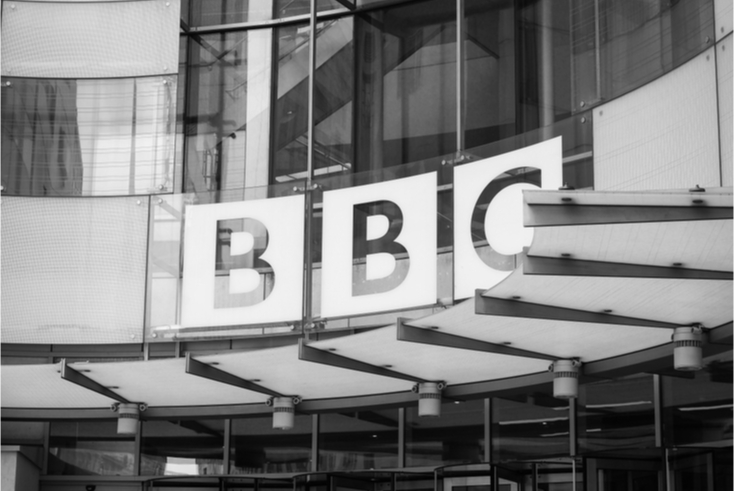Freezing BBC Licence Fee is ‘direct threat’ to strength of UK news


The future of the BBC’s funding has been thrown in question after the government signalled a two-year freeze and discontinuation of the Licence Fee within five years.
Nadine Dorries, the Culture Secretary, made an announcement about the future freezing and eventual axing of the Licence Fee in a Tweet over the weekend.
It is predicted that the licence fee will be frozen at £159 for two years and then discontinued in 2027, which could mean the broadcaster would need to find £2bn of savings, but negotiations are still ongoing with no agreement yet reached with the BBC.
This licence fee announcement will be the last. The days of the elderly being threatened with prison sentences and bailiffs knocking on doors, are over.
Time now to discuss and debate new ways of funding, supporting and selling great British content. https://t.co/sXtK25q27H
— Nadine Dorries (@NadineDorries) January 16, 2022
According to figures from the British Broadcasting Challenge as a result of government interventions since 2010, the BBC’s licence fee income has decreased by £1.4bn.
Claire Enders, founder of Enders Analysis said on BBC Radio 4’s Today programme this morning: “The licence fee actually does act like a subscription. It’s just a universal subscription and it’s for a different kind of service all together to Netflix. It is public service broadcasting.”
“I think it’s very unlikely that that system will have run to the end of its road with the public. The BBC is right to offer its services free of charge universally,” she added.
Enders also made the point that other subscription services like Netflix and Disney+ will increase the price of accessing their services as a result of the licence fee announcement.
The News Media Association (NMA) has today requested an urgent meeting with the Culture Secretary in an open letter about BBC’s plans to expand its local news operations in its “Across the UK” initiative announced last year.
The NMA represents UK national, regional, and local news publishers in print and digital forms which reach over 46 million people across the UK each month.
It voiced concerns that the beta launch of BBC News app and its plans to expand in local journalism is “a direct threat to the strength and plurality of news in the UK”.
The NMA also found in a YouGov poll in December that 76% of MPs who participated agreed it is important that commercial news providers, for example local newspapers, are not marginalised by the BBC’s local news provision.
